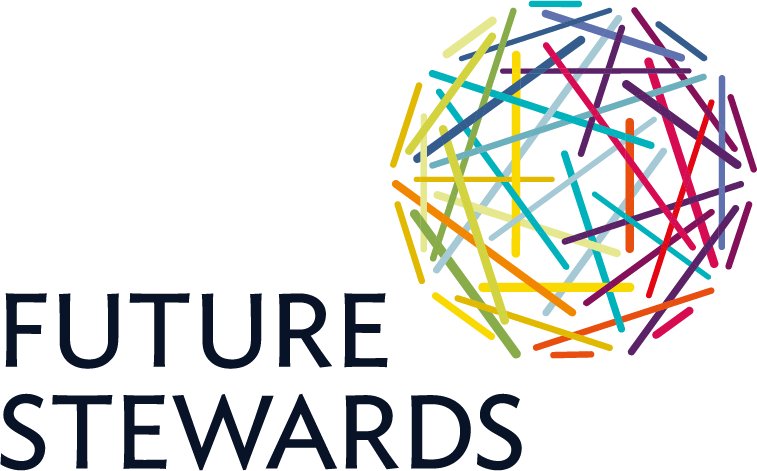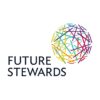-

Responsible Business
Moments of Epiphany Series: Ashok Vaswani
Changing 328 year-old mindsets with Ashok Vaswani, CEO – Consumer Banking and Payments, Barclays
Are we willing to challenge the status quo? How aware are we of uncomfortable truths? Sometimes an epiphany or realisation helps us reach a new conclusion or spurs us to think and act differently. In this series, we ask leaders we admire, ‘What was your moment of epiphany on climate?’
Did you have an insight/epiphany that led to you recognizing that business as usual needed to change?
A defining moment for me was when I was managing Barclays in Africa. I spent a year or so there, and seeing the leapfrogging of technology and the way they were adapting products and services to very specific needs in the community was just amazing. I realized that others were ahead and that we, as a bank – and our customers – couldn’t be left behind.
This ‘epiphany’ moment went on to influence the digital transformation journey we went through in the business in the UK, which has been such a huge learning experience.
There is increasing recognition we need to move from an extractive to a regenerative economy. What does regenerative mean to you and your organization?
As an organization, it’s crucial that we embed our purpose and values in every single thing that we do. We try to always live by our values – one of which is ‘stewardship’ – leaving things better than we found them.
What is the most exciting thing you or your organization are doing to help shift towards a more regenerative future?
For us, our journey has involved moving away from being ‘just a bank’ to being an organization that can address wider problems and wider needs in people’s lives. It’s about connecting up all the different aspects of a person’s life and adding value wherever we can.
Our LifeSkills programme can help you brush up on your CV-writing and interview skills to help you get that next job. Our Digital Eagles can help you become digitally savvy so that you can video call your family on the other side of the world. Our Money Mentors can talk to you – customer or not – about any aspect of saving, budgeting and spending and how to meet your financial goals. Our Eagle Labs are about connecting communities, helping them rejuvenate and supporting new businesses – and in the pandemic we are able to use the 3D printers in our Eagle Labs to produce PPE. We are not just a bank, we are so much more than that; it’s about meeting various needs for the many.
“Our journey has involved moving away from being ‘just a bank’ to being an organization that can address wider problems and wider needs in people’s lives.”
— Ashok Vaswani
What is the most difficult dilemma you have faced on your regenerative journey? Have you been able to resolve it and if so, how?
I would say the most fundamental and impactful, but also the most difficult, thing you can do is to change the culture and the mindset of an organization. In a bank that is 328 years-old, it is really hard to change the way things have always been done!
This has required a huge shift in the way we think, which never happens overnight – it’s a long term journey. It’s no longer about the product, it’s about the customer first and foremost. We’ve had to make bold moves, like removing sales incentives for staff. It’s a change for customers too – but we are committed to understanding them, their needs, their pain points, their aspirations, and figuring out how to fix things and meet what they need, sometimes before they know they need it. The customer has to be at the heart of everything.
How have you won over colleagues/peers who are not convinced of the need for change?
Really thoughtful and targeted engagement is key – one size really does not fit all when it comes to getting colleague buy-in. One approach I’m particularly excited about is where we get colleagues together from all different levels in the organisation, including graduates, and we send them off in what we call ‘sprints’ to answer some big questions over the course of a few weeks. We expect colleagues to fully immerse themselves to truly understand the needs of the customer, and figure out what it is we can help address. It has a really big impact because colleagues have a voice and feel they are an important part of things from the very beginning.
How has your moment of epiphany affected your idea of what it is to be a leader?
It certainly helps keep you honest and helps you to see things for what they really are. We mustn’t be blinkered. We have to realise the true situation and do things differently if we want a different outcome. We must be open to being asked the tough questions. It’s good to be uncomfortable!!
Have you changed anything in your personal life as a result of what you have learnt?
So much of what I have learnt on my professional journey is relevant to things I am passionate about in my personal life too. Take Pratham, for example. Pratham is one of the largest non-governmental organisations in India and being a board member means I am able to make a meaningful contribution to the education of children in India.
Education has played a huge role in my life and I personally see there is no better way to give back than to help children of all backgrounds flourish and succeed. And a critical part of this is investing in their education, for today and in the future!






